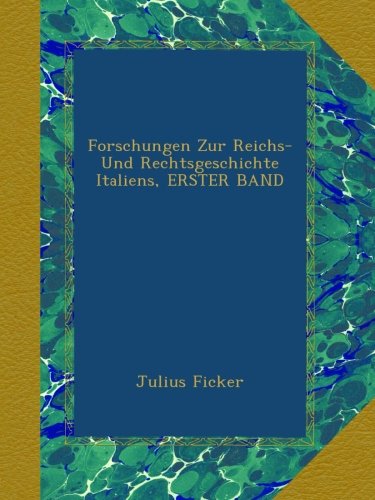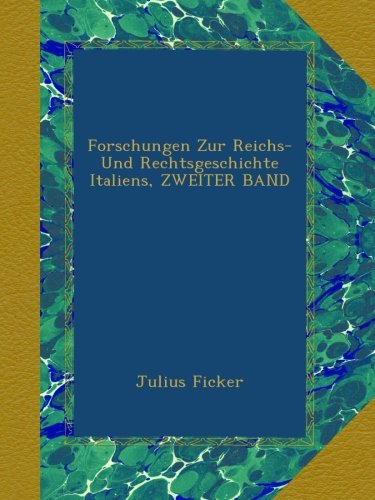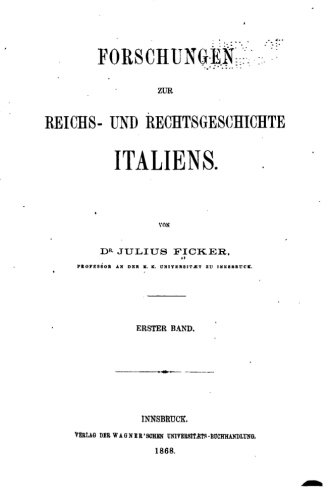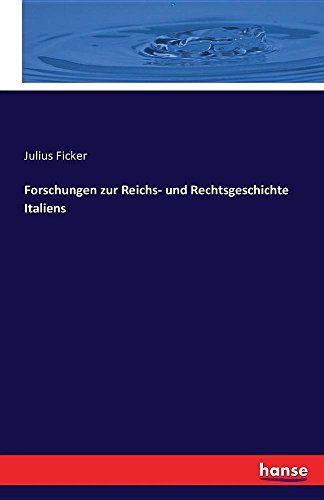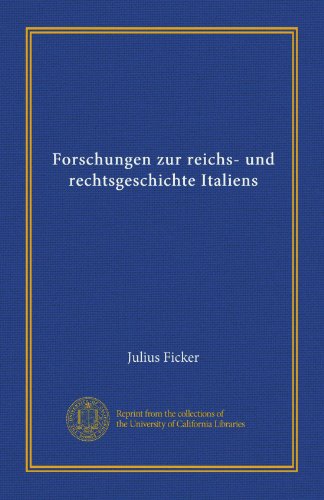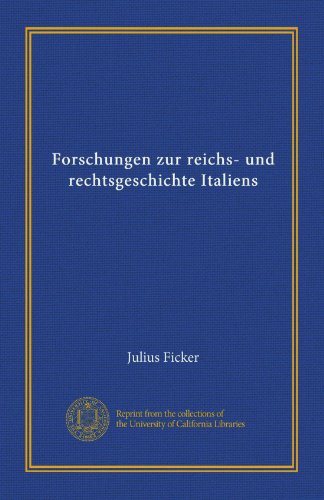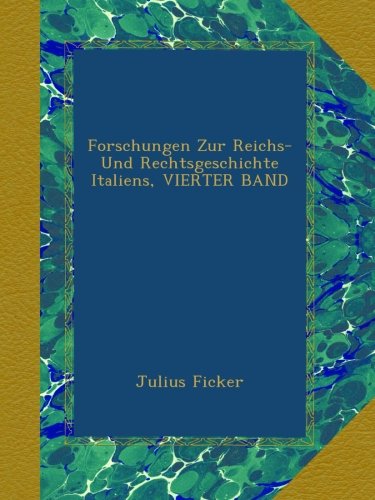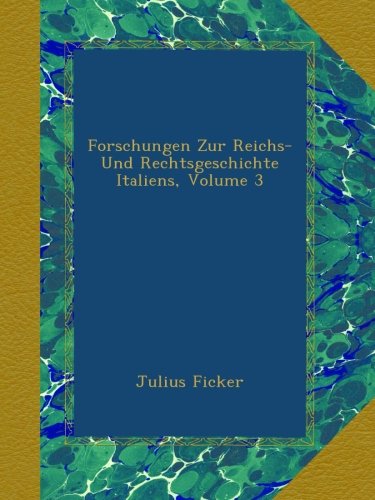Education
Born at Paderborn, Ficker studied history and law at Bonn, Münster, and Berlin, and during 1848-1849 lived in Frankfurt, where he was closely associated with the noted historian, Johann Friedrich Böhmer, who proved himself a generous friend and patron.
Career
In 1852 he proceeded to Bonn, but shortly afterwards accepted an invitation from Count Leopold Thun-Hohenstein, the reorganizer of the Austrian system of education, to settle at Innsbruck as professor of general history. In 1863, however, he joined the faculty of jurisprudence, and his lectures on political and legal history drew around him a large circle of devoted and admiring pupils. During the period 1859-1866, triggered by the publication of Giesebrecht"s Geschichte der deutschen Kaiserzeit, he was engaged in a literary controversy with the historian, Heinrich von Sybel, on the significance of the Holy Roman Empire.
In support of his theory, he wrote Das deutsche Kaiserreich in seinen universalen und nationalen Beziehungen (Innsbruck, 1871), and Deutsches Königtum und Kaisertum (Innsbruck, 1872).
As legatee of Böhmer"s literary estate, he published the Acta Imperii selecta (lnnsbruck, 1870) and directed the completion and revision of the Regesta Imperii. Julius von Ficker died in Innsbruck.
Heinrich von Ficker (1881-1957) was a meteorologist, geophysicist and explorer. Rudolf von Ficker (1886-1954) was a musicologist.
Views
Ficker advocated and defended the theory that Austria, on account of its blending of races, was best fitted as successor of the old empire to secure the political advancement both of Central Europe and of Germany.
Membership
Austrian Academy of Sciences. Lincean Academy; Göttingen Academy of Sciences]
In 1866 he was elected member of the Austrian Academy of Sciences, but retired, after being ennobled by the Emperor of Austria, Franz Joseph, in 1879.



